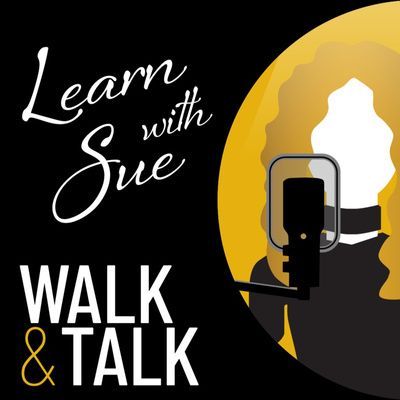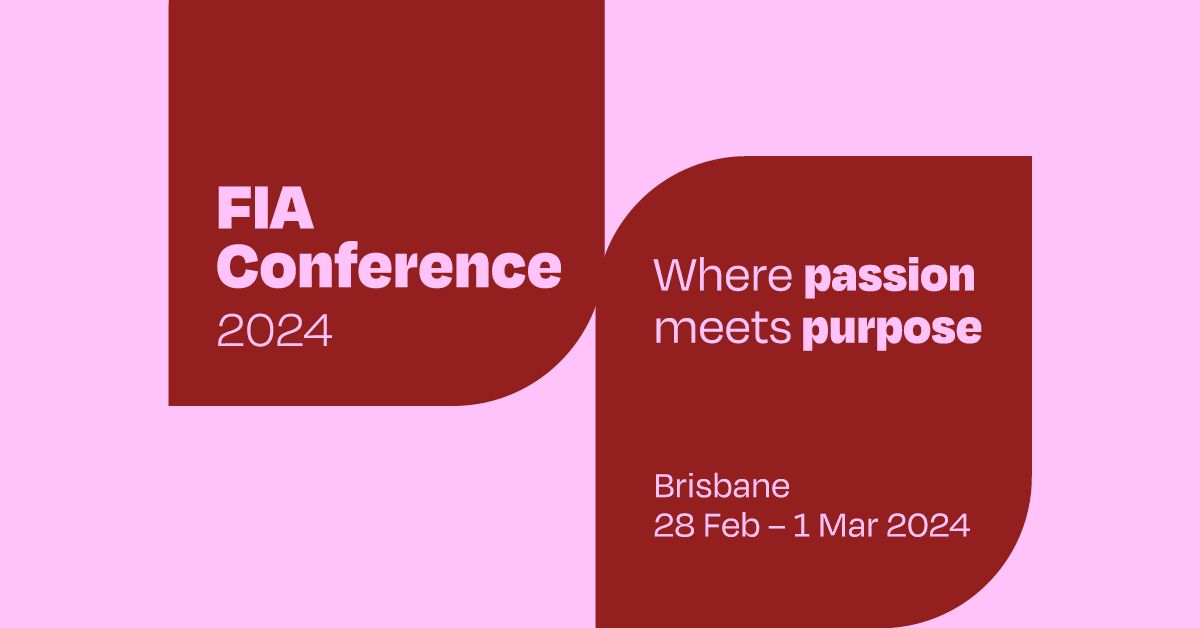The CEO Series: Q&A with Michele Adair, CEO at The Housing Trust
The CEO Series: Leadership Observations From The Front Line
Interviews with CEOs from the For-Purpose sector with Liska Turner.
For-Purpose leaders are as diverse as the organisations that they lead. Every couple of months I sit down with a CEO where they share their experiences and thoughts on leading a for-purpose organisation. This month I had the pleasure of talking to Michele Adair, CEO at The Housing Trust.
Michele Adair , CEO at The Housing Trust 
Michele Adair was appointed CEO of The Housing Trust in July 2017. The company, based in Wollongong, builds and manages affordable homes for people on very low to moderate incomes. They currently have 1,100 and plan to double the portfolio in 5 years. She has 45 staff, revenue of $18m and there’s $142m in net assets on the balance sheet. Michele is an experienced company director and on the board of Local Government Super and Learning Links. She has Master’s degrees in Management and in Public Advocacy & Action, and she’s a Graduate of the Australian Institute of Company Directors.
CEOs lead from the front. What are the most important decisions you make as a leader of your organisation?
The mix of big and small decisions are equally important, but for different reasons. The most important big decisions are the ones about hiring and providing support, feedback, and development to your direct reports. It sets the tone for the whole culture. With the increasingly high risk of decision making at an executive level, you need people you can trust, that are completely aligned to the vision, and able to deliver on the strategy. Knowing they’ll always respectfully challenge ideas and work through differences is essential.
If you come into a CEO role with an existing team your decisions are quite similar. You need to identify gaps and continue to support the processes of alignment and development.
You also make lots of really important little decisions that you might not notice, but others do. They’re the decisions that really demonstrate your values as CEO. Deciding to unpack the dishwasher if you are first in in the morning. Asking someone on the frontline for advice. Saying thank you. Walking to your office the long way so you can have a quick chat with people on the way through. Those decisions really matter. What is your best habit? Keeping a ‘to do’ list. I keep it in a notebook and when I get distracted by the mayhem I come back to it so things aren’t forgotten. The satisfaction of crossing things off is terrific.
Culture is fundamental to organisational success. How do you help a new employee understand the culture of your organisation?
In my case, it actually starts with the employee’s contract, before their first day in the job. I always add a handwritten note of welcome. Within everybody’s first week I allocate an hour for a one-on-one relaxed introduction. We go into the kitchen together and I make them a cup of tea or get a glass of water to help break the ice. I hope it makes me accessible and it certainly gives me a chance to discuss our values and vision right up front.
We currently have five casuals helping us prepare for our office move. When we were introduced I asked them to keep a note of their observations about what we could do better. I like to encourage people to feel heard, respected and empowered. The first 3-months is an invaluable window to learn from new staff and before they start to say ‘this is the way we do things around here’.
In every major conversation, either individually or at a team meeting, I find a way to directly reference our values - respect, integrity, support, and collaboration. No business operates in isolation.
When you’re considering partnering with another person or business, what factors are deal-breakers for you?
People often talk about partnerships when in fact they’re talking about a service agreement or contract that’s transactional in nature. To me, a partnership is about cumulative value creation. It's a 1+1=3. Vision and values alignment are prerequisites.
A real partnership has genuine give and take. Sharing of risk, contribution, flexibility, and growth in the most expansive and creative sense of the word.
It’s really important to have lots of touch points across the organisations. From board level to the front line staff. Partnerships need to build a deep understanding that is beyond the practicalities of what you’re trying to achieve.
When things aren’t right, call it quickly. Have confidence in your relationships to have hard conversations without being fearful. Expect and trust that you’ll get things back on track.
Managing the perception of conflicts of interest is also critical, perhaps more so than managing an actual conflict which is often quite straight forward.
Succession planning is key to building a sustainable organisation. How do you choose who to promote?
The thinking and planning for succession happen well before the decision to promote. Identify the people you believe in and who you want to reach their full potential. Seeing talent, investing in people with coaching and training, and providing opportunities for people to step-up are all stages in a process. Just make sure that they’re well prepared and supported. If it doesn’t quite work out own your share of the responsibility.
The planning means that when there’s a formal opportunity for a promotion you know your people are as well prepared as they can be. If they leave before a promotion opportunity arises then you have raised the bar for the role anyway.
It’s also important to give opportunities to a person, not a title. My EA is managing three major projects for our business. They’re not what you would expect from an EA role but she is fabulous and gaining great satisfaction from the work. It also demonstrates that we’re serious about creating opportunities for everyone to learn and grow.
Where do you draw your support and inspiration from as a leader?
My personal support is from a small, close network of people, most of whom I’ve met through work, and who are also in high stakes leadership roles. We have a shared understanding, language, and mutual respect. Some provide peer professional advice and we might only touch base every couple of months and that’s nearly all about work. With others, we socialise but inevitably talk about work too.
I also have an executive coach and highly recommend that approach. I joined The Executive Connection (TEC) in 2018 and our group meetings are terrific.
The role of CEO is quite unique. What advice would you give someone going into a CEO leadership position for the first time?
Believe in yourself. You have been appointed by people who believe you can do the job. Own it. Be yourself. Do it.
I’ve learned that the CEO title comes with many expectations and perceptions. Those things are in other people’s minds and can be quite different from how you see yourself. Sometimes you need to feel comfortable being defined by the title even if it is not necessarily how you see yourself.
Get yourself an EA who you have complete confidence and trust in. They will buffer, protect and care about you as a person as well as the office of the CEO.
What leadership decision are you most proud of?
I’m most proud of the types of the hard and brave decisions I have made and will continue to make, rather than specific decisions. They don’t immediately or necessarily result in professional achievements but they’re the right decisions despite the risk and potential for personal cost.
You can connect with Michele and the Housing Trust at:
Twitter - @madair62
Facebook- https://www.facebook.com/TheHousingTrust/
Instagram - @thehousingtrust
Twitter - @HousingTrustAU
LinkedIn - https://www.linkedin.com/company/the-housing-trust-illawarra-shoalhaven
Recent Articles






All content copyrighted Beaumont People © All rights reserved.



